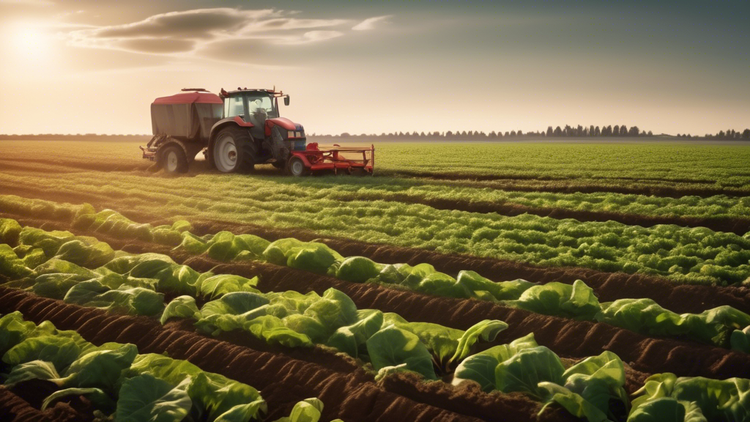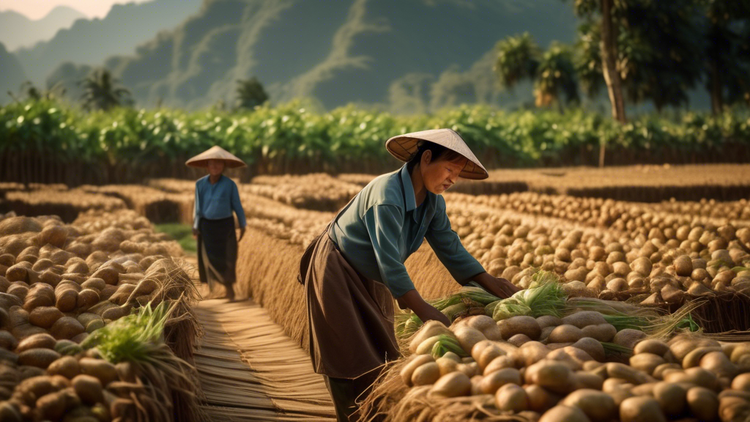The Promise of Regenerative Agriculture: Sustainable Solutions for the Future of Farming

<meta charset="UTF-8">
<meta name="viewport" content="width=device-width," initial-scale="1.0">
Conventional Agriculture's Consequences
Conventional agriculture practices have incited significant environmental repercussions. These effects include rampant soil degradation, a striking depletion of biodiversity, and an alarming contribution to climate change. A particular concern is the deterioration of soil health, which leads to decreased soil productivity and poses a direct threat to global food security.
The declining quality of soil underlines the urgency to transition to agriculture that fosters environmental stewardship. Regenerative agriculture emerges as a viable solution to mitigate these adverse impacts and secure the future of farming and food production.
Principles and Benefits of Regenerative Agriculture
Regenerative agriculture fundamentally differs from its conventional counterpart by striving to enact positive changes within the environment. It includes various sustainable practices, adhering to five cornerstone principles identified by the European Institute of Innovation and Technology:
- Minimising soil disturbance
- Minimising chemical inputs
- Maximising biodiversity
- Keeping the soil covered as long as possible
- Adapting to the local environment
Implementation of biopesticide and biocontrol methods aligns seamlessly with these principles, promoting ecological balance and reducing dependency on chemical inputs.
Methods for Sustainable Development
A variety of techniques enhance the potential of regenerative agriculture. These methods include:
- Crop diversification
- Cover cropping
- Crop rotation
- Agroforestry
- Reducing or avoiding tillage and ploughing
Such practices not only preserve the integrity of the soil but also bolster its health, thereby improving water quality and mitigating soil erosion. By nurturing a robust soil ecosystem, regenerative agriculture aids in carbon sequestration, thereby playing a crucial role in combating climate change.
Resilient and Sustainable Food Production
One of the most significant advantages of regenerative agriculture lies in fostering crop resilience. Healthy, biodiverse soils render crops less susceptible to extreme weather conditions and pests, thereby curbing crop losses. In turn, this diminishes the need for synthetic inputs and supports a cyclical, resilient agricultural system.
Ultimately, regenerative agriculture holds promise for sustainable food production. By integrating nature-based solutions and promoting biodiversity, it seeks to restore soil health and sustain agricultural productivity for generations to come.
Here's a thought to consider
As we face a future demanding sustainable solutions, regenerative agriculture paves the way for an environmentally responsible and resilient farming paradigm.
Looking for updates? Sign up to our newsletter for weekly snippets.





